Historically women are typically less involved in decision-making during outbreaks.
Existing inequalities can often become more pronounced during outbreaks. Indeed this has been recognised during the COVID-19 pandemic so far. In the recent Ebola outbreaks in West Africa and DR Congo, women were less frequently consulted than men and as a consequence their needs and requirements often went unmet. During the Zika virus outbreak, differences in power between men and women meant that women did not have autonomy over their sexual and reproductive lives. Globally, women are underrepresented within politics and in senior roles within workplaces and therefore women’s voices are less able to come to the fore at this time. These same patterns are also true within health services. Despite women being the majority of the global health workforce they are underrepresented in senior health positions. Water departments or water services are key players during outbreaks since water access enables community-level hygiene practices, yet in this sector too, women have been historically underrepresented. Despite this situation women represent 82% of people employed in professional cleaning professions including the cleaning and maintenance of public WASH facilities or WASH facilities at schools and health centers.
Source: UN SDG infographic.
Want to know more about COVID-19 and Gender?
Editor’s notes
Author: Sian White
Reviewed by: Jane Wilbur,Bethany Caruso, Pryia Nath, Chelsea Huggett
Last updated: 11.5.2020
